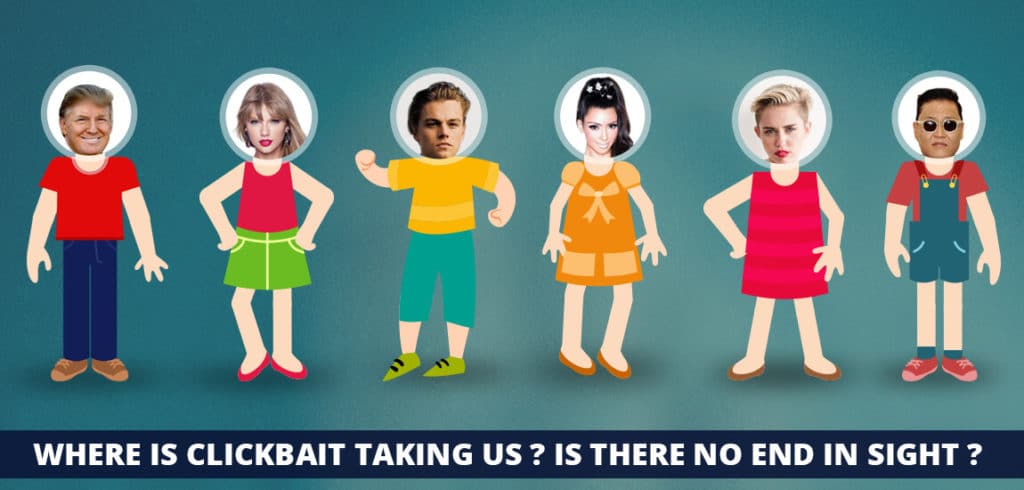
Where is Clickbait Taking Us? Is There No End In Sight?
You Won’t Believe How These Celebs Got Wasted – 29 Before After Pics!
206 Bone Chilling Reasons Clickbait Is Destroying the World As We Know It
How This Man Burned His Money In Order To Grow More Money
Ok, maybe I am exaggerating. No man has ever burned his money for growing more money, at least to my knowledge. However, clickbait articles are certainly destroying the world as we know it.
And all celebrity news and weight loss articles suck.
Every single one of them.
No exceptions to this rule.
This generalization is categorically, indisputably, unquestionably true.
Mark Twain was wrong.
Partially.
Nevertheless, clickbait headlines are so irresistible that even the most pessimistic and discerning reader is tempted to click once in a while. Take a look, for instance, at BuzzFeed’s most stupid (if it is even remotely possible to know) headlines:
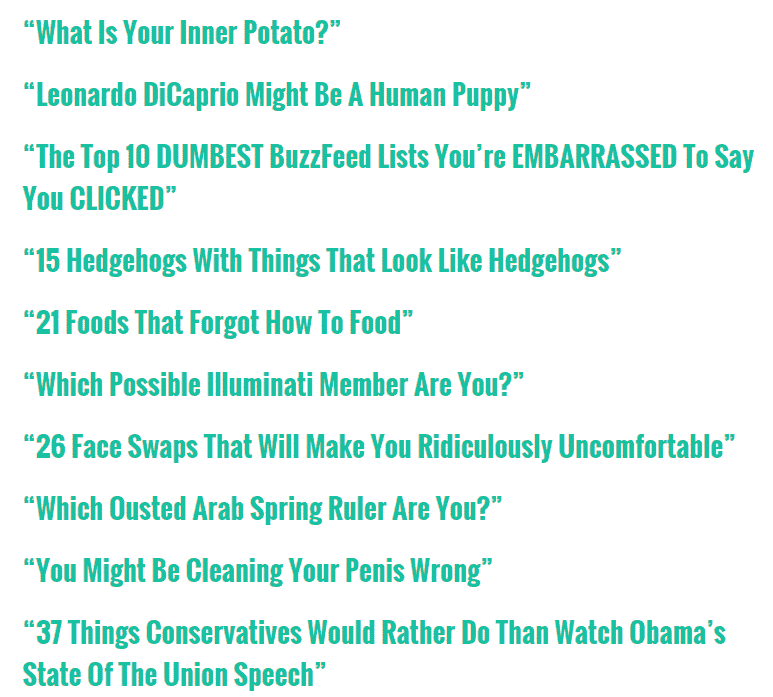
But why blame BuzzFeed for bringing clickbait to the mainstream internet? It’s the way we humans are wired, the way our all those moron-neurons in our brain react to suspense, drama and anticipation of discovering life’s biggest secrets. The psychology and science behind clickbait, as well as its consequences have been picked apart to the last strand.
In fact, we’ve have been hapless victims of hyperbole since our magazine and tabloid-reading days.
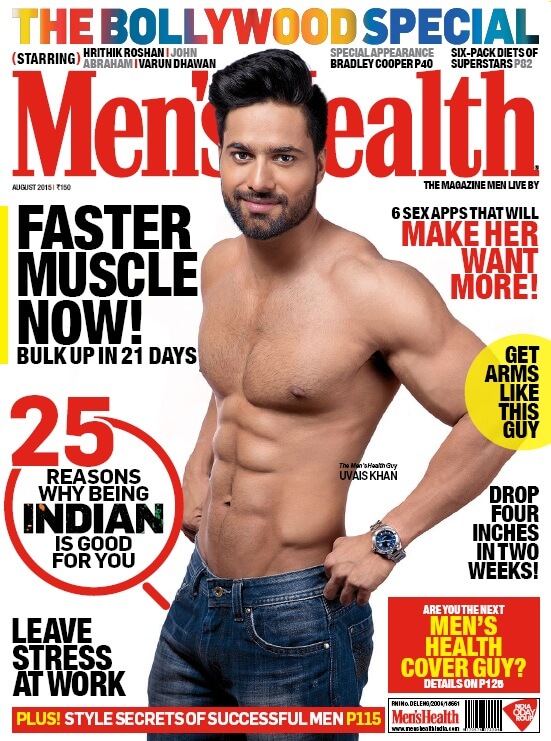
TV isn’t any better. Haven’t we all been bombarded by watch-bait “breaking news” headlines, zealous news anchors and vehement reality show hosts who scream at the top of their voices how our bahu-betis (Hindi for daughters and daughters in law) are unsafe on the streets and should be locked in chastity belts if we wanted to protect their virtue?
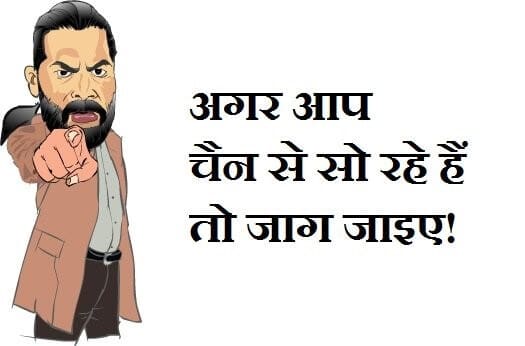
(Translation: If you’re sleeping peacefully, wake up!)
There is justifiable fear that clickbait is messing with our brains and learning capabilities. And the consequences are scary…
(You will never know if I made these up, but here goes.)
We’ll be robbed of our patience and capability to read long and complex sentences.
Today, the typical editor looks down upon long-winded sentences as if they were written by an inferior writer, but were authors to break down all their sentences into smaller ones just to make them supposedly more readable, it would ultimately affect their writing style and flair. Consequently, we’d have far less heartfelt, thought-provoking content, as loquacious sentences are often true depictions of an author’s thought process.
Now let’s see why the above paragraph won’t get past an average editor:
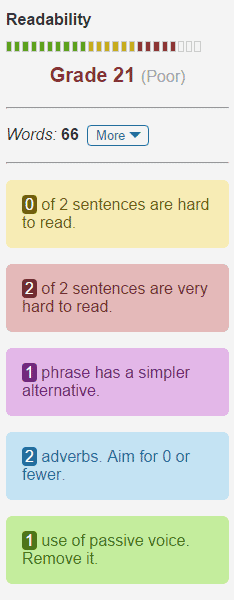
Compare that to the following paragraph from the real Ernest Hemingway’s Nobel Prize (Literature) and Pulitzer-winning novel The Old Man and the Sea, which he called “the best I can write ever for all of my life.”
The old man loved to see the turtles eat them and he loved to walk on them on the beach after a storm and hear them pop when he stepped on them with the horny soles of his feet. He loved green turtles and hawk-bills with their elegance and speed and their great value and he had a friendly contempt for the huge, stupid loggerheads, yellow in their armour-plating, strange in their love-making, and happily eating the Portuguese men-of-war with their eyes shut.
Just one grade of tooth-skin above mine. Hemingway wouldn’t have cared two hoots about his namesake app. Or, vice versa.
We will put up with Justin Bieber’s tweets.
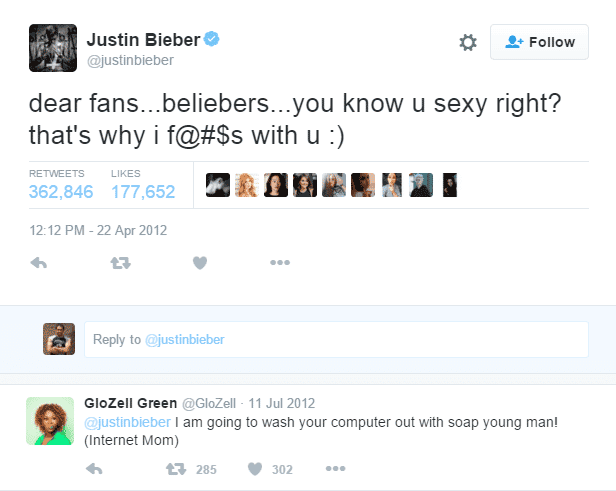
Most tweets are far better than this. Unfortunately, they’re more complicated. Which prevents us from retweeting them. As a result, instead of moving towards intellectual growth, we are shrinking our rational capacities with time.
Mind-challenging works like Atlas Shrugged and Ulysses will go unread unless simplified.
Consider these sentences:
“There was once upon a time…
‘A king!’ my little readers will shout together.
No, children you make a mistake. Once upon a time there was a piece of wood.”– Beginning of Pinocchio, 1882
“There was once a poor woodcarver named Geppetto who made fantastic clocks and music boxes and every kind of toy you can imagine, each one a work of art.”
– Also the beginning of Pinocchio, 1978
Source
Forget Ulysses, even Pinocchio is simplified; it’s the end of the world as we know it!
The problem is more endemic and acute than you and I can begin to imagine. Nothing is sacred when it comes to clickbait. Book titles are already being turned into clickbait to attract younger readers, even as people make fun of it.
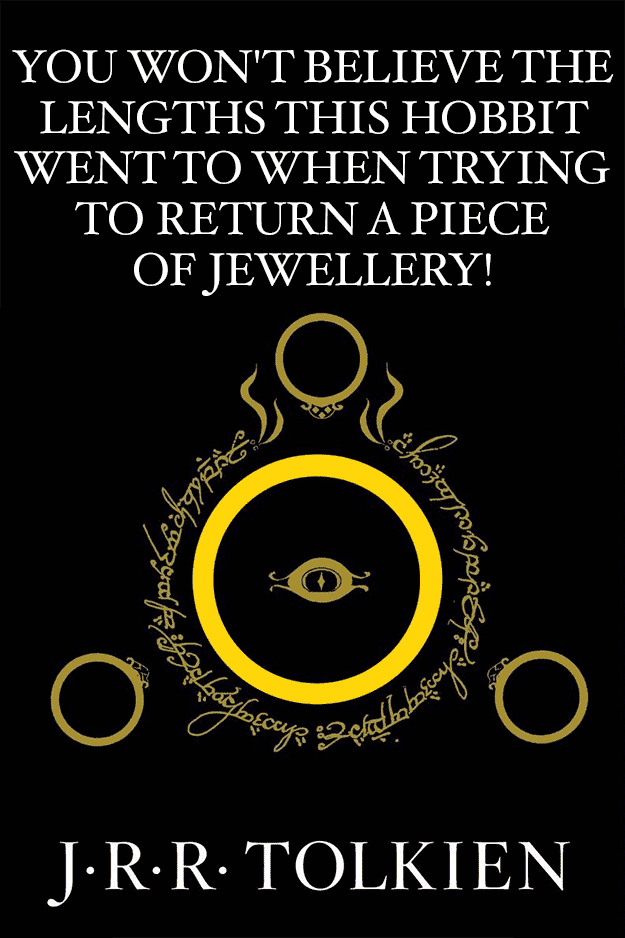
Sarcasm will be lost on most people.
With in-your-face facts and slapstick humor, the reverential art of sarcasm will die.
Or at best, stay limited to 140 characters.
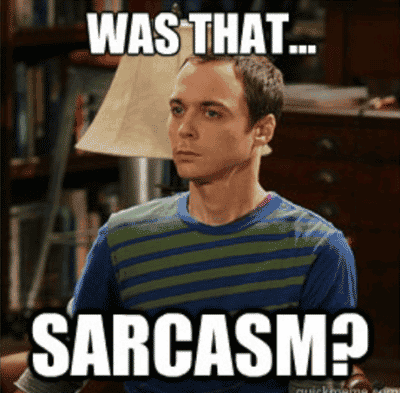
We’ll be okay with any gibberish, no matter how genuine our question.
For instance, everyone has genuine questions about enlightenment, success or happiness. But the answers are invariably the same – take up yoga, meditate, don’t sleep after sunrise, avoid coffee, love everyone, be yourself, follow your passion, leave your day job, live in the mountains, adopt a dog, and most importantly, eat a samosa.
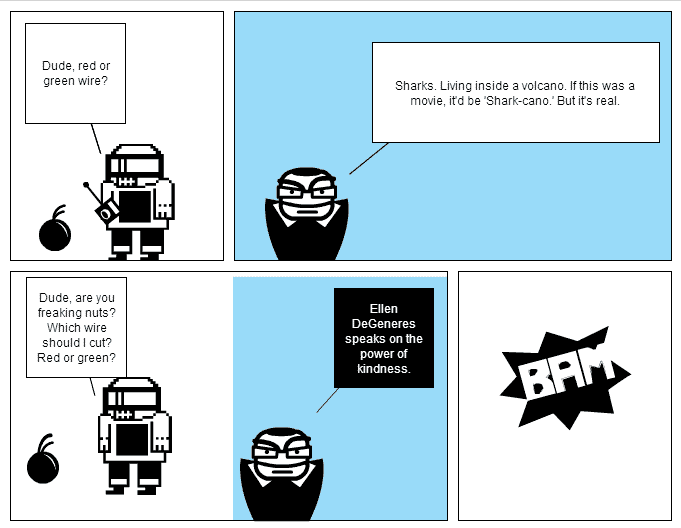
The content we create will be (is?) crap because we know we’ll sell it with a headline.
This was inevitable. I simply have to touch on the ever-thickening bond between content and marketing. After all, creative content strategy for startups and brands is my lifeblood. So, this is for you marketers trying to build business on the back of quality content.
You can smell bad content a mile away.
Underwater.
In your sleep.
Can’t you?
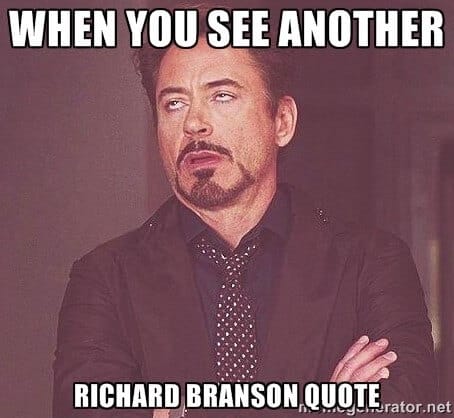
I don’t think Richard Branson, Seth Godin, Neil Patel or any of those wisdom-spawning leaders are at fault here.
The problem is us. Instead of sticking to the fundamentals and trying to do something original, we try and follow the herd or ape the “influencers,” looking for formulaic “commandments.”
We are constantly coming across the same old stories – knotted, twisted and fitted in newer and fancier clothing. Every time a tree falls in a forest, everyone rushes to blog about the noise or lack of it. Instead of creating something unique, we are blindly jumping on to bandwagons, jacking trends and “curating” content, because it purportedly brings home the conversions.
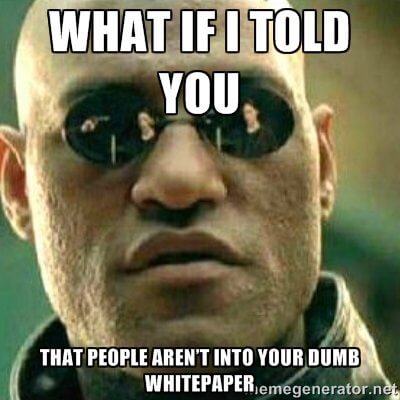
Seriously, how many motivational quotes, how-to guides, twitter threads on startup wisdom, make-money-on-the-internet ideas and website optimization tweaks do you actually need? But rest assured they will keep flooding your inbox and social feeds. From Forbes to Medium (the so-called liberator, defender and redeemer of good content on the internet), there’s bad content everywhere.
But have you wondered why? It’s because it is read, liked, shared and even discussed! Writers, publishers and marketers alike need that traffic like fish need water.
The solution is to first resist the urge to find out what kind of yodeling Jedi warrior you are or subscribe to that email course that will tell you how to build a billion-dollar business while wooing your ex back. You either stop creating, reading and sharing all this stuff or put up with bad content as you do with global warming and Donald Trump.
Speaking of Donald Trump,
We might be killing innocent kittens.
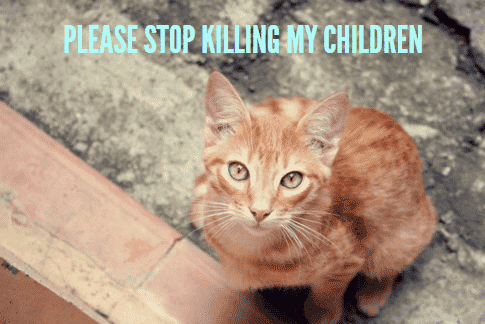
Okay, maybe that’s stretching it too far.
But you get the point.
Our voracious appetite for listicles and self-help guides is taking us further and farther from introspection, deep monologues, intellectual thinking and knowledge enhancement.
So is there an end in sight?
In a Utopian world, we would be treated to more than snack-sized content. More people would be sorted physically, mentally and spiritually. We won’t need someone else to tell us how our lives could be better. We won’t need charts to eat healthy or apps to track our water intake.
Indeed, we already have serious news sites, wikis, widgets, Twitter accounts, subreddits, and even PhD dissertation blogs dedicated to mocking clickbait.
But it isn’t a perfect world and clickbait will exist as long as it takes to make it perfect. Which is never.
Therefore, donning my most liberal and non-judgmental self, I’d like to say that people are most welcome to click, tap and waste their time if they want to. I don’t see that as too much of a nuisance or threat to humankind, not more than the Kardashians or nuclear weapons, in any case.
So while one may be crying over the whole clickbait debate, I am going to learn how to become the absolute best in just 12 minutes!
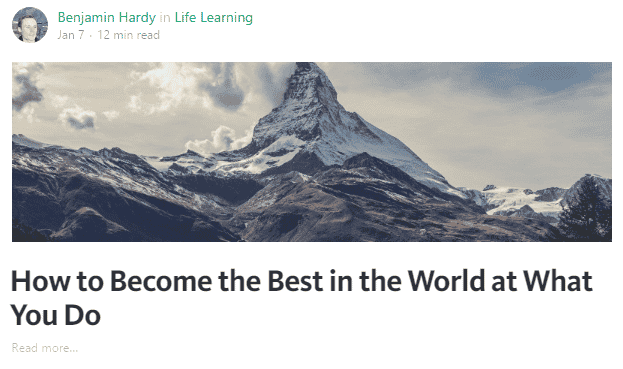

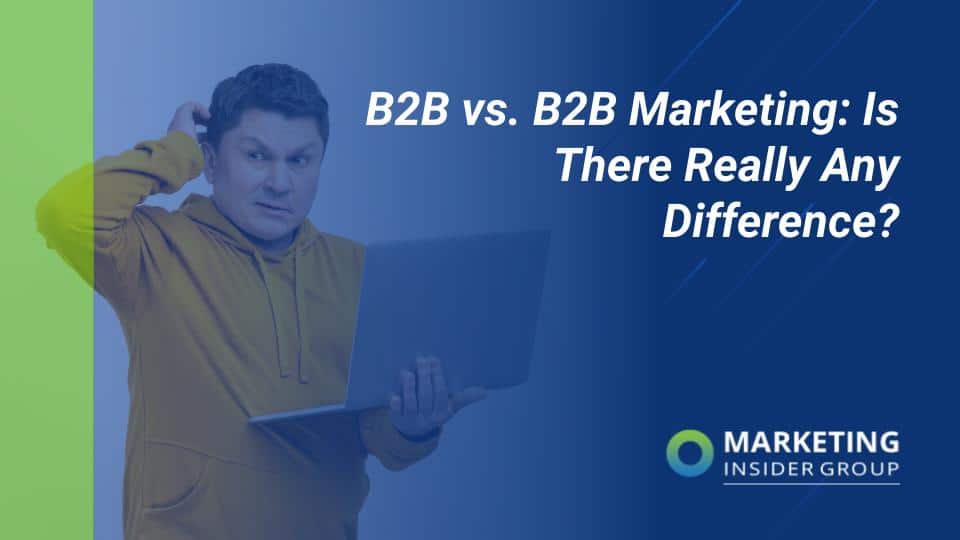
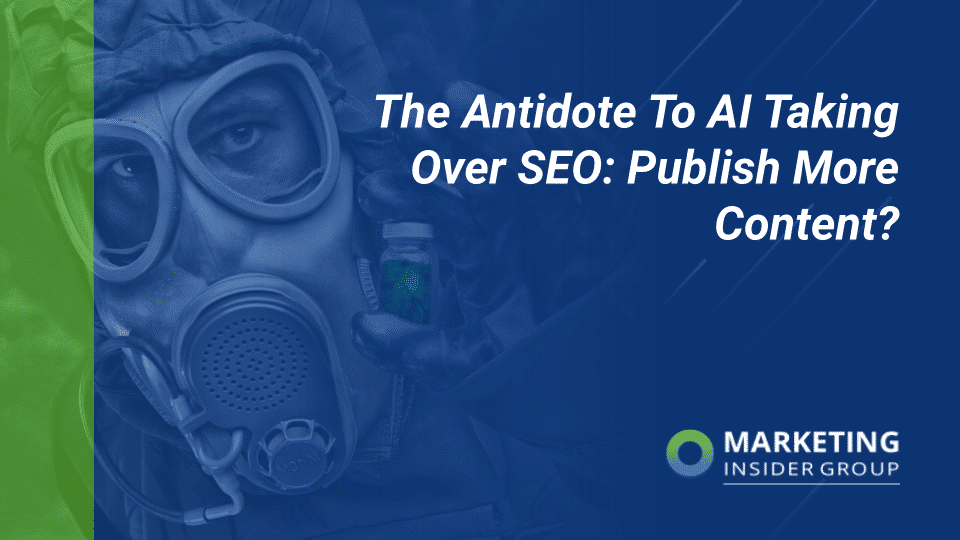
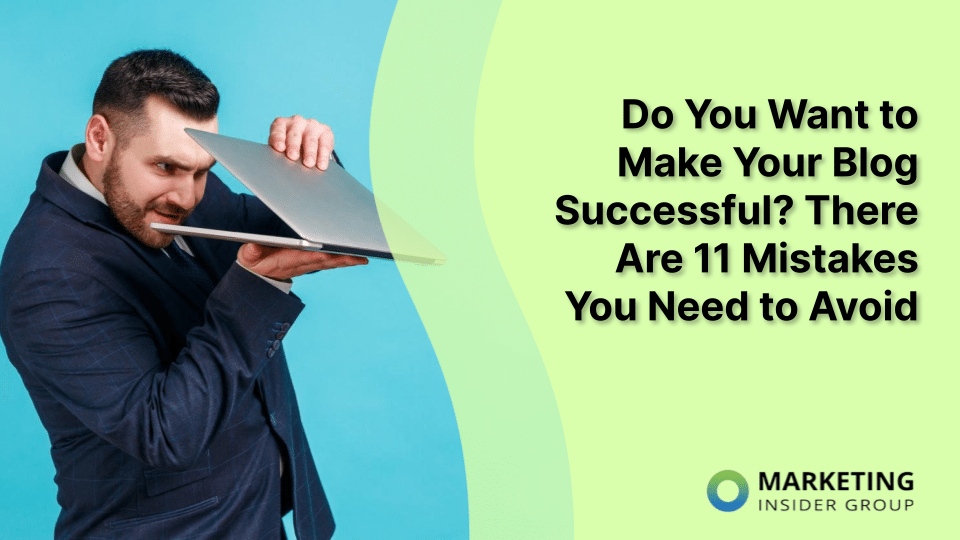



I’m with you on this one. I understand the thing about catchy titles but these things not only go overboard but often they don’t deliver in content. I also have to admit that sometimes they’re just so hard to stay away from because we’re all interested in something, and curiosity takes over. I’m working on not visiting these sites anymore, mainly because most of them lead you to a site where you have to go through multiple pages of “advertising” just to see everything they’re telling you about; I don’t want to be used like that anymore… if I can help it.